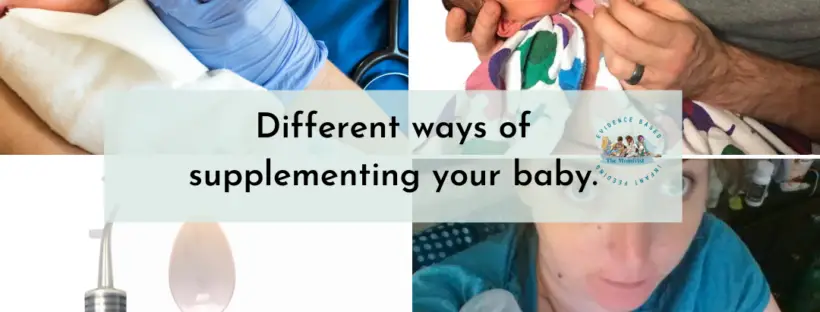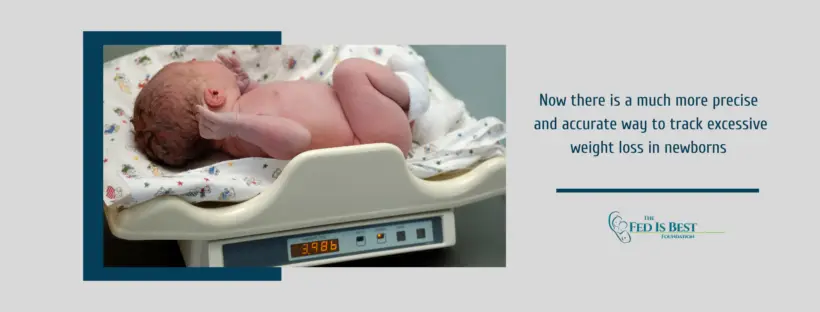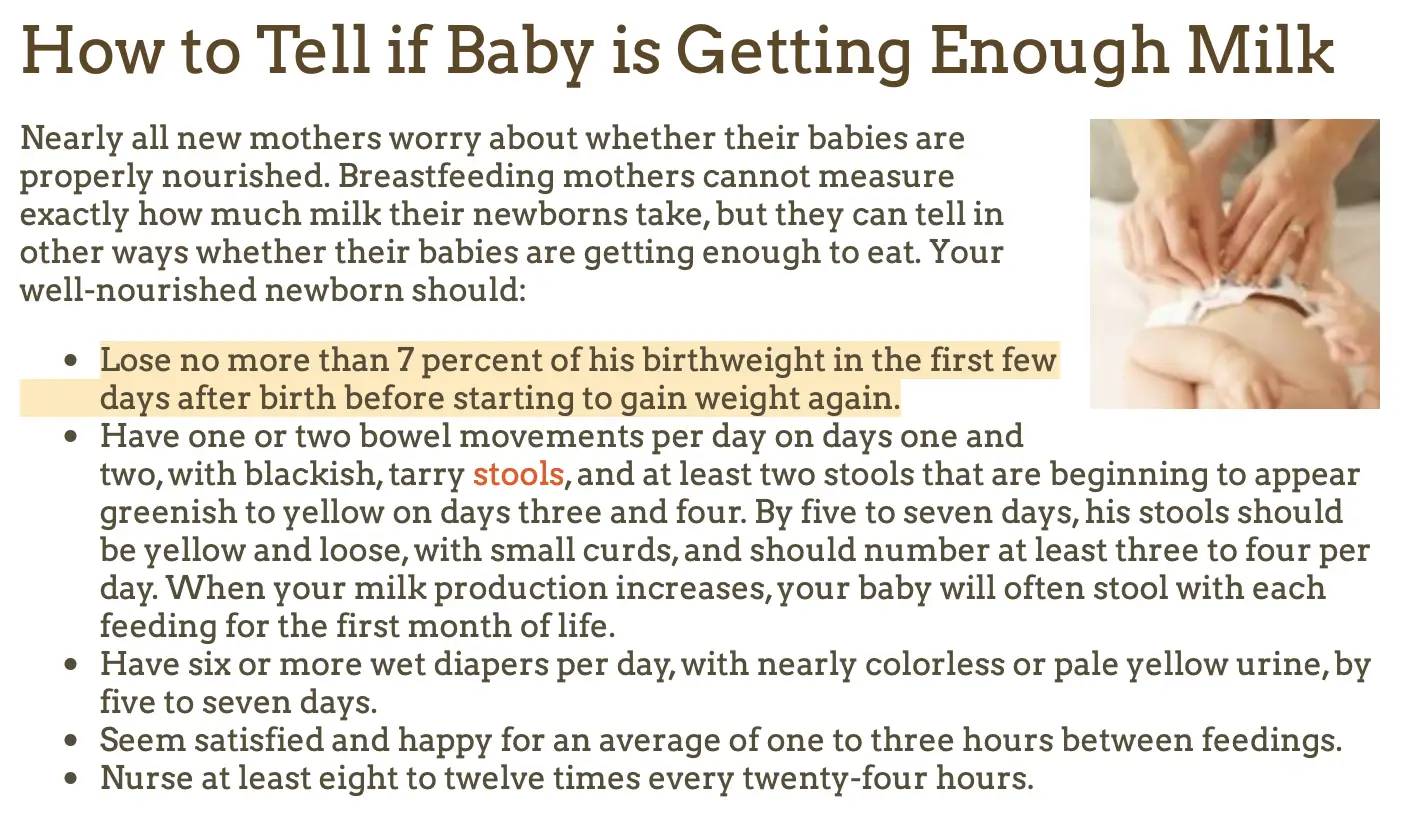by Heidi Bitsoli, Sunshine Behavioral Health
If there’s one thing pregnant women get in spades, it’s advice. From your relatives to your neighbors to your coworkers to strangers in line at the grocery store, everyone has an opinion on how to best care for the child you’re about to birth.
And one of the most common pieces of advice you’re likely to hear is how important breastfeeding is, for both mother and baby. But what all those opinionated folks won’t tell you is how hard it is for some women.
The truth is, that your mental and physical health is just as important as your baby’s. If you have trouble breastfeeding, or simply decide it’s not for you, you are not alone. You also aren’t a failure as a parent if you have difficulties breastfeeding or decide against it.
How Common Are Breastfeeding Difficulties?
Breastfeeding difficulties are extremely common. One study conducted by Nutrients followed mothers who were breastfeeding when they were discharged from the hospital, within 72 hours of delivery. At the time of discharge, 95% of the mothers were breastfeeding exclusively.
After one week, 81% were still breastfeeding exclusively. The majority of these women continued with complementary breastfeeding. At one month, only 73% were exclusively breastfeeding. 19% still provided breast milk complementary feedings, and 7% had transitioned to exclusively formula feeding. Continue reading






